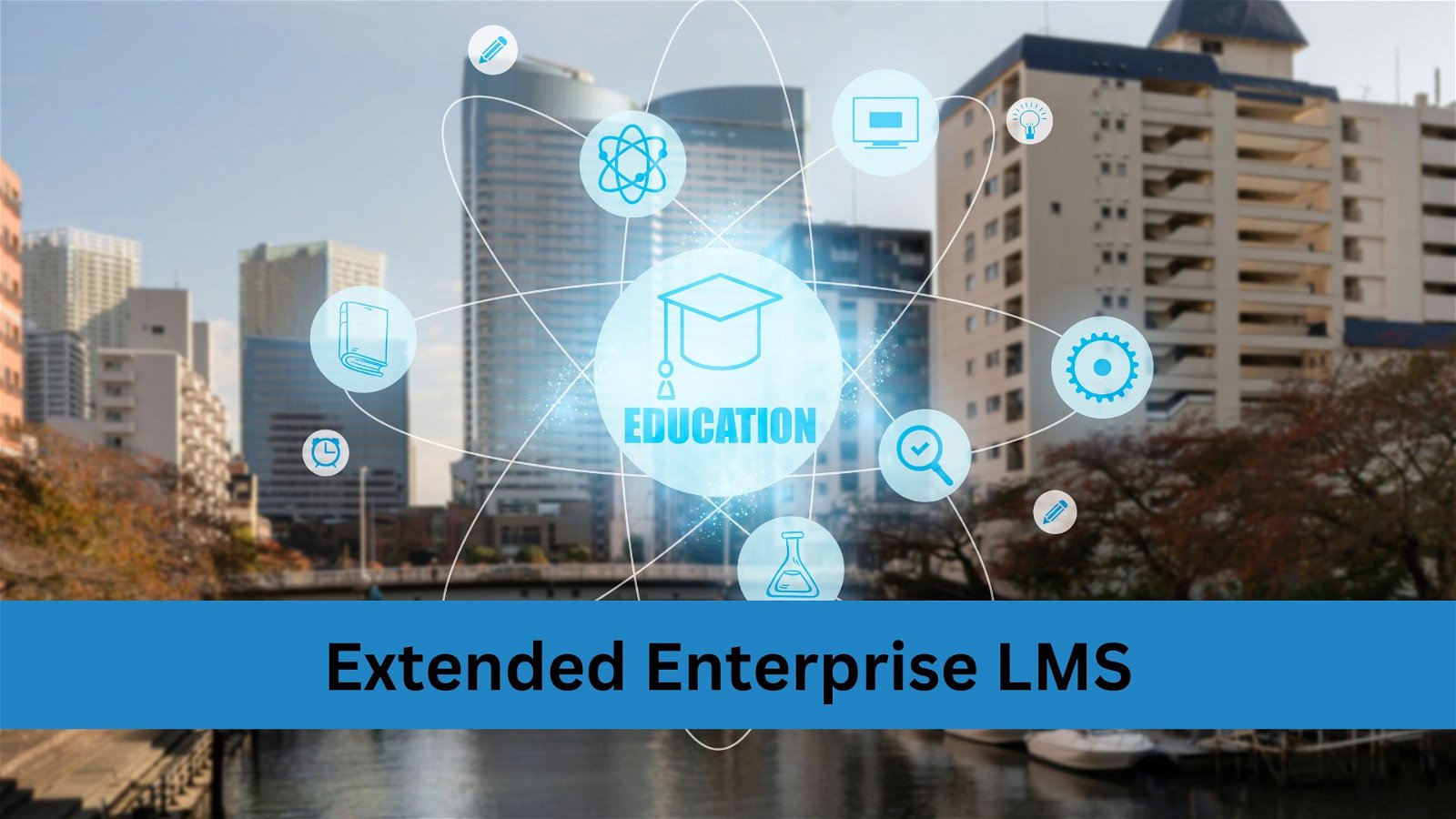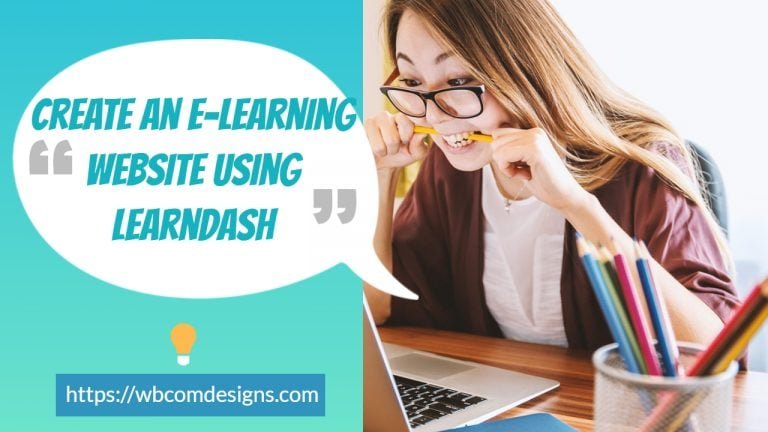An Extended Enterprise Learning Management System (LMS) is a specialized software platform designed to manage and deliver training and educational content to a diverse audience beyond an organization’s internal workforce. Unlike traditional LMS systems that primarily focus on employee training, an Extended Enterprise LMS is tailored to meet the learning needs of external stakeholders such as customers, partners, suppliers, distributors, and other members of the broader business ecosystem.
The Impact of Extended Enterprise LMS on Business Growth
The implementation of an Extended Enterprise Learning Management System (LMS) can significantly propel business growth by fostering continuous learning and development among employees, partners, and customers. Unlike traditional LMS, an Extended Enterprise LMS goes beyond internal training, extending its reach to external stakeholders. This approach enhances employee performance, productivity, and satisfaction while also providing valuable training to partners and customers. The global scalability and accessibility of an Extended Enterprise LMS contribute to a more knowledgeable and skillful workforce, ultimately driving innovation, customer satisfaction, and overall business success.
Implementing an extended enterprise Learning Management System (LMS) enables organizations to achieve several key objectives:
- Cultivate collaboration and facilitate knowledge sharing throughout the extended enterprise.
- Guarantee uniform and thorough training and development for partners, suppliers, and customers.
- Enhance the overall quality and efficacy of products and services through targeted training programs.
- Expand the scope of learning initiatives to reach a broader audience.
- Instill a culture of continual learning and improvement across the extended enterprise.
What Is the Role of an LMS in Your Extended Enterprise Learning?
An LMS serves as a vital tool in the implementation of your extended enterprise training program, playing diverse roles in the rollout, management, and streamlining of courses and resources crucial to achieving your desired learning outcomes.
Here are three key ways an LMS can be beneficial:
Categorization
Depending on your business structure and the diverse parties involved in your training initiatives, it’s essential to cluster learning content into specific categories or programs. This ensures that each audience accesses the most relevant information tailored to their needs. A multi-tenant LMS is particularly useful in separating employee training from extended enterprise training, allowing organized dissemination of courses to the appropriate learners.
Effective Content Management
Delivering training materials to multiple audiences requires efficient management and delivery of learning content. A corporate LMS should feature a user-friendly layout for structuring content and delivering it to specific audiences based on organizational hierarchies or other categorization factors. The incorporation of different user roles, such as Manager, Instructor, Administrator, and Learner, simplifies course implementation and content management.
Enhanced Learner Engagement
The LMS acts as a virtual hub for hosting and tracking online learning, creating a platform similar to an online class for remote learners. Integration with email, Human Resources Information Systems (HRIS), Enterprise Resource Planning (ERP), and other systems enhances the holistic and seamless nature of learning and training. Learners can engage with peers or trainers through chat features or forums, and Single Sign-On (SSO) functionality facilitates easy access across multiple devices using existing credentials.
Utilizing an LMS not only centralizes and streamlines training efforts but also enhances engagement and accessibility, making the learning experience more effective and practical for a diverse and dispersed audience.
Also Read: Extended Enterprise Online Training On A Tight Budget
Considerations When Choosing an Extended Enterprise LMS
Choosing the right Extended Enterprise Learning Management System (LMS) is a pivotal decision that necessitates meticulous planning and consideration. The extended enterprise encompasses a diverse array of users, including employees, partners, customers, and suppliers. Each group has distinct training needs and requirements, making it imperative to select an LMS that can effectively cater to these varied audiences.
- Understanding Diverse Stakeholder Needs
- Scalability for Growth
- Multi-Tenancy Support
- Customization for Brand Alignment
- Effective Content Management
- Comprehensive Reporting and Analytics
In essence, selecting an Extended Enterprise LMS involves a comprehensive analysis of your organization’s unique requirements, a focus on user experience, and a strategic approach to aligning the LMS with broader business goals. By carefully evaluating these factors, organizations can make informed decisions that contribute to the success of their extended enterprise training initiatives.
The Best Extended Enterprise LMS Vendors
While the “best” Extended Enterprise Learning Management System (LMS) vendor may depend on specific business needs and preferences, several reputable vendors consistently stand out in the market. Here is a list of some of the top Extended Enterprise LMS vendors
Totara Learn
- Known for its flexibility and scalability.
- Offers a wide range of features for extended enterprise training.
- Suitable for businesses of various sizes.
Docebo
- Emphasizes user-friendly design and a modern interface.
- Provides robust features for external partner and customer training.
- Incorporates AI-driven personalized learning experiences.
TalentLMS
- Offers a cloud-based LMS solution with a focus on simplicity.
- Suited for small to medium-sized businesses.
- Provides customization options and a user-friendly interface.
Adobe Captivate Prime
- Part of the Adobe eLearning suite.
- Known for its intuitive design and ease of use.
- Offers features for extended enterprise training and compliance.
LearnUpon
- Tailored for both internal and external training needs.
- Known for its ease of use and quick implementation.
- Offers a range of features for extended enterprise training.
Litmos by SAP
- Offers a scalable and versatile LMS solution.
- Known for its user-friendly interface and robust reporting.
- Provides features for partner and customer training.
Cornerstone OnDemand
- Offers a comprehensive talent management suite.
- Suitable for large enterprises with complex training needs.
- Provides extended enterprise features for partner and customer training.
Moodle
- An open-source LMS with a large and active community.
- Highly customizable and adaptable to different business requirements.
- Suitable for businesses with specific customization needs.
Absorb LMS
- Known for its user-friendly interface and mobile responsiveness.
- Provides features for external training and compliance.
- Suitable for businesses with diverse training needs.
D2L Brightspace
- Known for its focus on engagement and personalized learning.
- Offers features for both internal and external training.
- Suitable for businesses looking for a modern and innovative LMS.
Before making a decision, it’s crucial to assess your organization’s specific requirements, budget constraints, and the scalability of the chosen LMS. Additionally, checking for the latest reviews and updates on these platforms is recommended, as the landscape may have evolved since my last knowledge update in January 2022.
Also Read: Create Corporate Social Networking Site With WordPress
Extended Enterprise LMS: Wrap Up
The process of selecting an Extended Enterprise Learning Management System (LMS) is a critical undertaking that demands thoughtful consideration and strategic planning. The diverse nature of extended enterprise stakeholders, including employees, partners, customers, and suppliers, necessitates an LMS that can effectively cater to varied training needs. From scalability and multi-tenancy support to customization, integration capabilities, and mobile accessibility, each consideration plays a pivotal role in the success of the extended enterprise training program.
The importance of security, compliance, user-friendly interfaces, and comprehensive reporting cannot be overstated. These elements collectively contribute to the seamless management and delivery of training content, fostering a positive and engaging learning experience for all stakeholders.
Interesting Read:
The Ultimate Enterprise WordPress Hosting Solution: Reliable, Secure, and Fully Customizable






